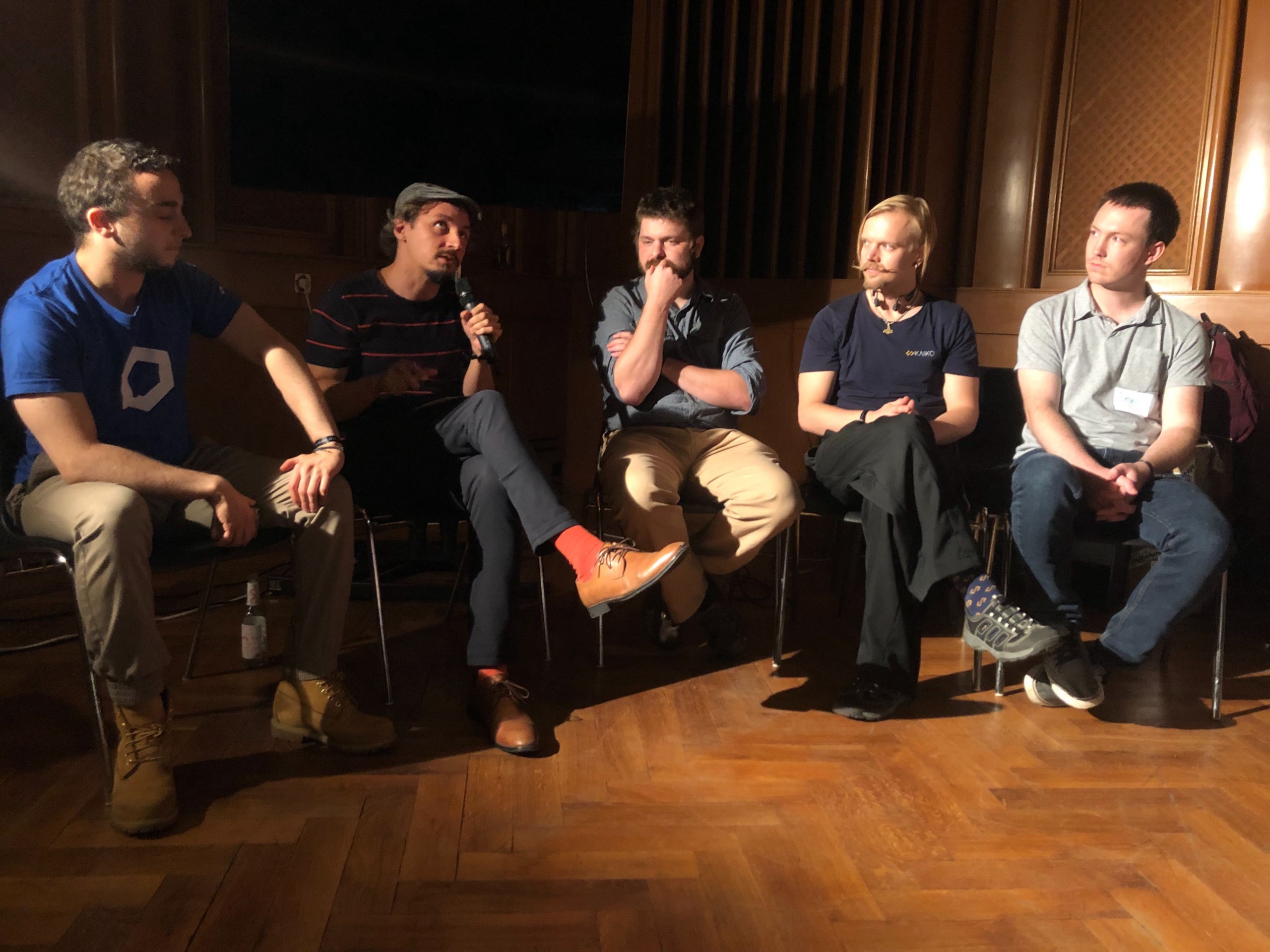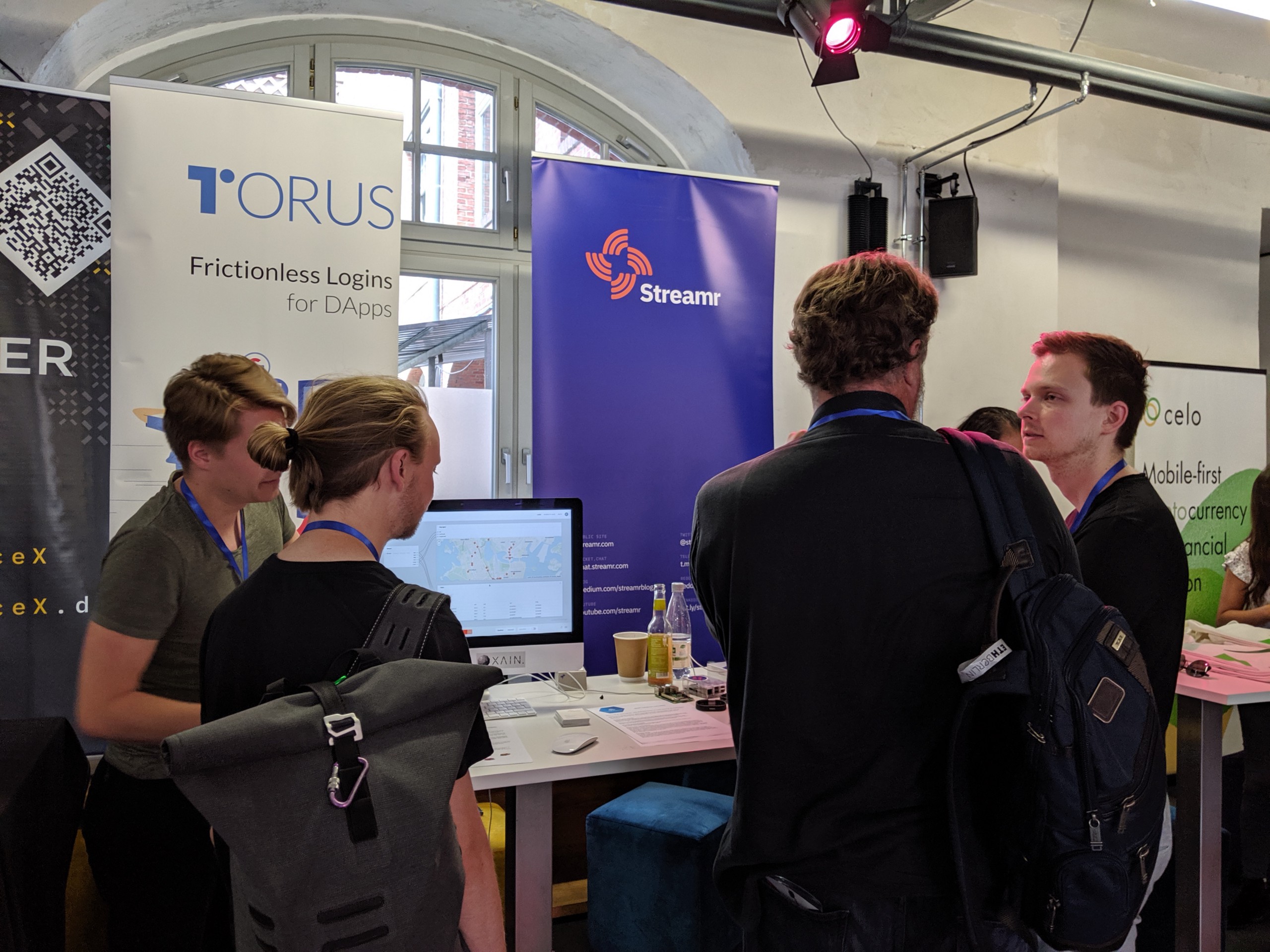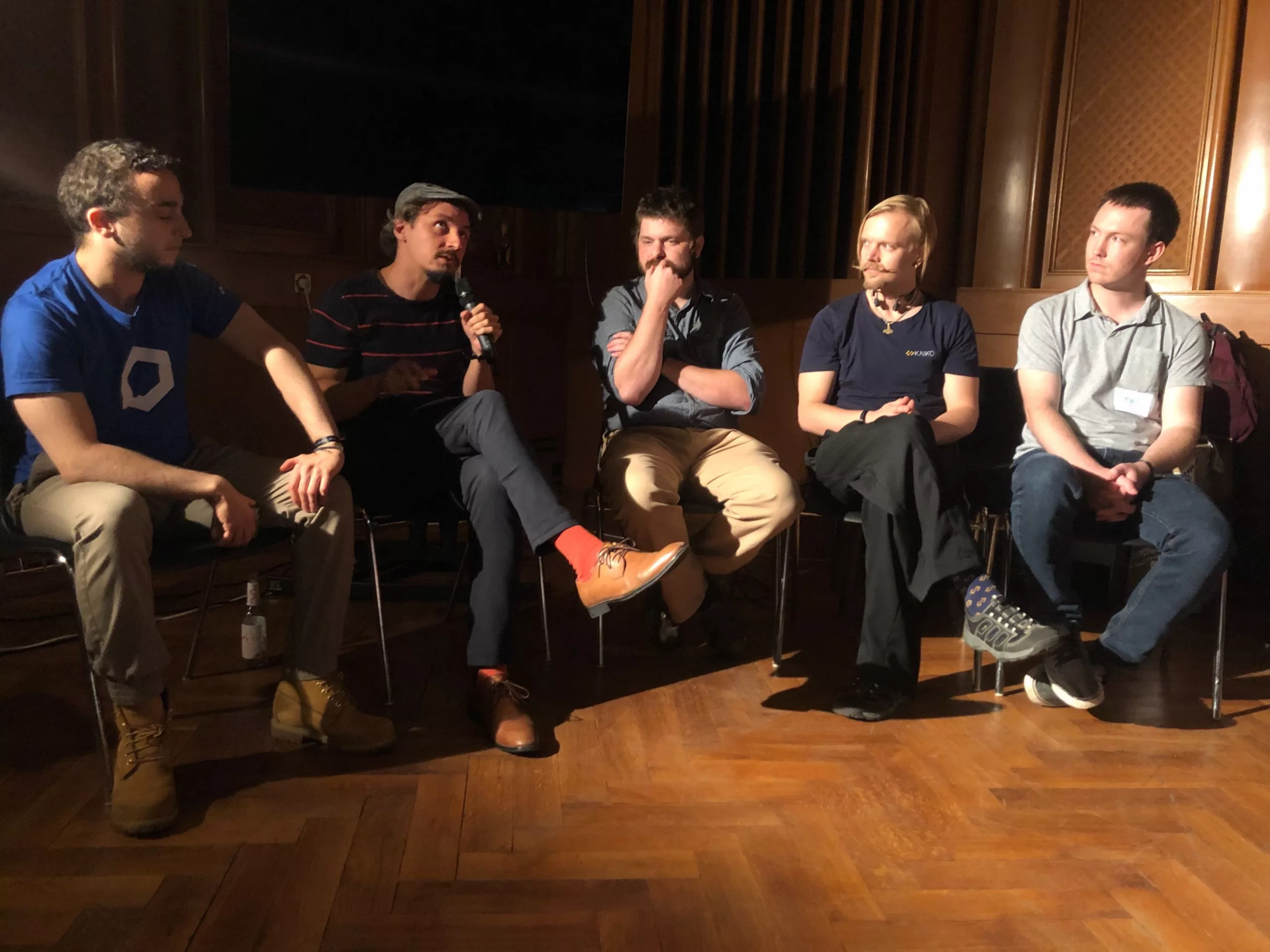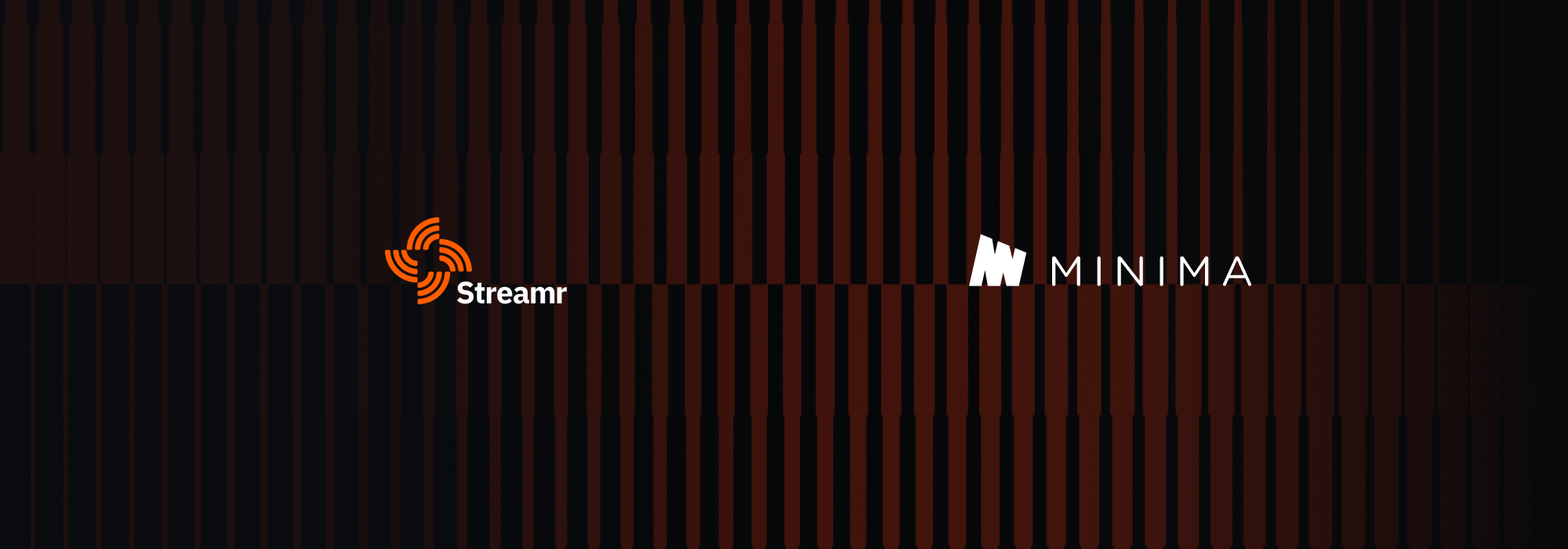
What happens if you create Web3 sign-in and a payments process for a data marketplace? Traditional data marketplaces, such as Thompson Reuters and Dun & Bradstreet, require purchasers to have credit cards…a business address… and so on. But with Ethereum addresses acting as both the payment facilitation mechanism and user identity verification, it quickly becomes clear that AIs, DAOs (Decentralized Autonomous Organisations), and machines can all start owning, controlling and selling real-time data.
That’s a huge deal because instead of simply being interesting experiments in consensus decision making, or curious investment vehicles, suddenly DAOs can get serious. They can generate revenue and (effectively) own hefty assets in the data economy without needing to create complex legal structures beforehand.
For those familiar with the Streamr whitepaper, even thought this was not part of the initial roadmap, the fact that it’s so easy to do in Streamr’s new Core app (released last week) means that Core’s Web3 sign-in and identity management is likely to create a paradigm shift in data ownership and management.
Streamr team members are currently in talks with various DAO projects to chart a way in which DAOs could operate innovative the new data products Streamr devs are almost ready to launch, called data unions, which control real underlying assets, potentially worth tens or hundreds of millions of dollars. Imagine an Aragon or Colony DAO controlling massive user data sets from Twitter or Spotify? Streamr’s community is just a few steps away from this becoming a reality.
Launching Core at EthBerlin
While participating at the Web3 Summit and EthBerlin events, we were able to talk to numerous projects working in the Web3 ecosystem, ranging from decentralized finance (DeFi) by Kyber, to scaling solutions via plasma by Matic, payment channels by Adex and decentralized computation by DappNode.
While presenting our Streamr ecosystem and long-term vision, they were all very interested in our roadmap. This was especially true when we presented the idea for Streamr’s upcoming Community Products platform for building data unions, and explained how it will help Streamr open the data ecosystem without any extra effort from a users’ perspective.
It was interesting to note that while most current blockchain projects were primarily targeting crypto ecosystem users — still a very limited pool — the real audience for Streamr comes from the mature Web2 user base, especially since Streamr Community Product users can leverage the EU’s new data portability rules (see GDPR article 20). This means Community Products acts as a dApp that isn’t limited by the blockchain community’s growth.
On the other hand, many potential solutions developed in the Web3 ecosystem could further progress Streamr’s vision. For example, DappNode sells hardware equipment intended to power various decentralized applications running on top of it. This could potentially enable existing owners of this hardware to easily run Streamr Network broker nodes around the globe.
We also showed-off Streamr’s Core app to scores of Web3 developers over Berlin Blockchain Week. Many devs were impressed with the nearly 170 built-in modules which easily interact with Ethereum smart contracts and need no separate coding. They give anyone (including DAOs!) the ability to listen to on-chain events or freely experiment with connecting real-world events to smart contract triggers via Oracles.

Utilising a modular editing system similar to IBM’s Node-Red, users can easily visualise their data, then share those results through social media on a live canvas. The app also offers rich developer documentation, smart guidance features on connecting and searching for modules, and a stunningly designed user interface.
Streamr Core also offers an advanced option for users to build their own custom module in Java, directly from the same UI interface, ready to be used on the spot, without any build or deployment requirements.
It really is an exciting new toolkit for anyone working at the intersection of Web3 and data productization!










